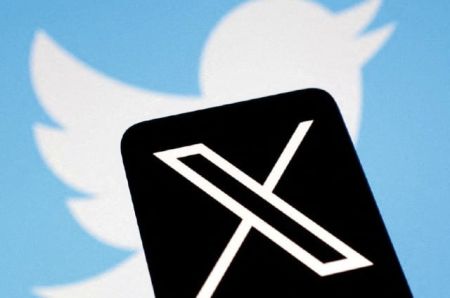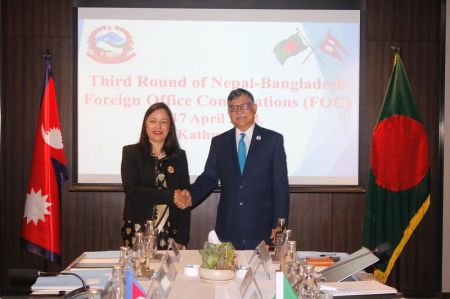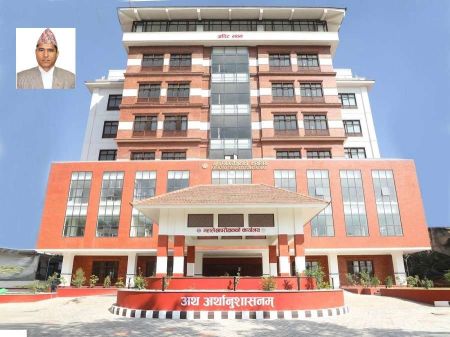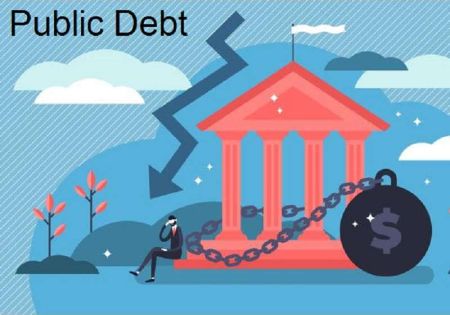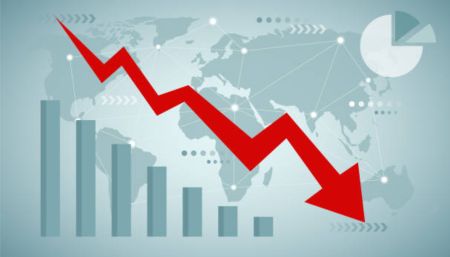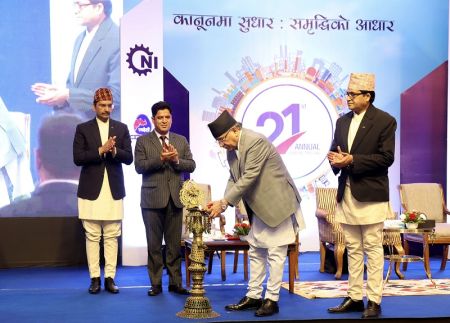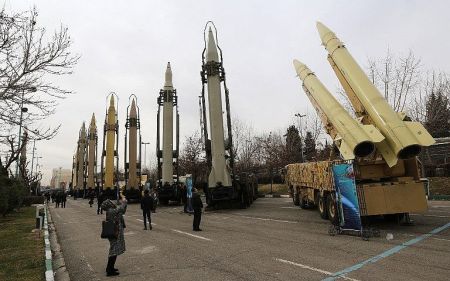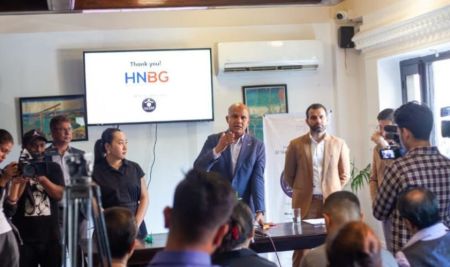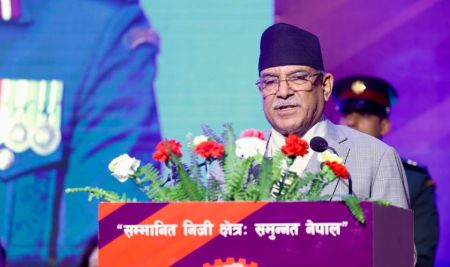.jpg) US Cracks Down on Companies Moving Overseas
US Cracks Down on Companies Moving OverseasThe Obama administration cracked down Monday, 22nd September, on certain overseas corporate mergers and acquisitions, aiming to curb American companies from shifting their ownership abroad to shirk paying US taxes. New regulations from the Treasury Department will make these co-called corporate inversions less lucrative by barring creative techniques that companies use to lower their tax bill. Additionally, the US will make it harder for companies to move overseas in the first place by tightening the ownership requirements they must meet."This action will significantly diminish the ability of inverted companies to escape U.S. taxation," Treasury Secretary Jacob Lew said. He added that for some companies considering inversions, the new measures would mean inverting would "no longer make economic sense."
Administration officials who briefed reporters could not say how many pending inversions might be stopped by the new rules and specifically would not address whether the rules would block one of the most high-profile moves, an effort that Burger King announced in August to acquire Tim Hortons, a Canadian coffee and doughnut chain. In such transactions, a US business merges with or is acquired by a foreign company in a country with a lower tax rate. President Barack Obama has denounced inversions as unpatriotic and has urged Congress to stop them. Obama applauded the Treasury for taking steps to reverse the trend of companies seeking to "exploit this loophole" to avoid paying their fair share in taxes.
 Xi Jinping Signs Landmark Deals on India Visit
Xi Jinping Signs Landmark Deals on India VisitIndia and China have signed 12 agreements in Delhi, on Wednesday, 17th September, one of which will see China investing USD 20 billion in India's infrastructure over five years. The multi-billion dollar investment deal was marked on the first day of Chinese President Xi Jinping's three-day visit to India. Under the investment plans, China pledged to: Help bring India's ageing railway system railway system up-to-date with high-speed links and upgraded railway stations. The world's second largest economy also agreed to set up industrial parks in Gujarat and Maharashtra. Similarly, China promised to give more market access to India to products, including pharmaceuticals and farm products. Both sides also focused on increasing co-operation in trade, space exploration and civil nuclear energy. Indian and Chinese companies have also signed preliminary deals worth more than USD 3 billion in aircraft leasing and telecoms, among other sectors.
Despite the continuing tensions, trade between India and China has risen to almost USD 70 billion a year, although India's trade deficit with China has climbed to more than USD 40 billion from USD 1 billion in 2001-2002. At a news conference with Chinese President Xi Jinping, India's prime minister Narendra Modi said "peace on the border" was important for progress. Talks came as India accused China of fresh territorial incursions in Ladakh. China is one of India's top trading partners but they vie for regional influence and dispute their border.
.jpg) World Bank Warns of Global Jobs Crisis
World Bank Warns of Global Jobs CrisisThe world is facing a global jobs crisis that is hurting the chances of reigniting economic growth and there is no magic bullet to solve the problem, the World Bank warned on Tuesday, 9th September. In a study released at a G20 Labour and Employment Ministerial Meeting in Australia, the Bank said an extra 600 million jobs needed to be created worldwide by 2030 just to cope with the expanding population. "There's little doubt there is a global jobs crisis," said the World Bank's senior director for jobs, Nigel Twose. "As this report makes clear, there is a shortage of jobs -- and quality jobs.
"And equally disturbingly, we're also seeing wage and income inequality widening within many G20 countries, although progress has been made in a few emerging economies, like Brazil and South Africa." He said that overall emerging market economies had done better than advanced G20 countries in job creation, driven primarily by countries such as China and Brazil, but the outlook was bleak. "Current projections are dim. Challenging times loom large," said Twose.
The report, compiled with the OECD and International Labour Organisation, said more than 100 million people were unemployed in G20 economies and 447 million were considered "working poor", living on less than USD 2 a day.
It said despite a modest economic recovery in 2013-14, global growth was expected to remain below trend with downside risks in the foreseeable future, while weak labour markets were constraining consumption and investment.
.jpg) Fed to End Stimulus in October
Fed to End Stimulus in OctoberThe US Federal Reserve has reiterated that it will raise interest rates once a "considerable time" has passed after its stimulus programme ends in October. The announcement came at the end of a two-day meeting of the central bank's policy committee in Washington DC on Wednesday, 17th September. In a press conference, Fed chairwoman Janet Yellen disappointed some when she said there was no "calendar date" for a rate rise.
US markets, however, were reassured, rising in the wake of her comments. The Dow Jones closed at a record high. Wednesday's announcement of the end of the stimulus programme, known as quantitative easing, was widely expected. The Fed has been buying billions of dollars of bonds in an effort to keep long-term interest rates low and thus boost spending. However, as the US economy has picked up steam, the central bank has said that extra support is no longer necessary. Now, investors are focused on when the Fed will raise its short-term interest rate, which has been at zero since late 2008.
Analysts, investors, and markets around the world are focusing on the central bank's phrasing that a "considerable time" will need to pass from the end of quantitative easing until it decides to raise rates. The Fed first inserted the phrase "considerable time" into its statements in December 2012.
China Central Bank Injects USD 81 billion into Major Banks
China's central bank is injecting a combined 500 billion yuan (USD 81.35 billion) of liquidity into the country's top banks, according to media reports, a sign that authorities are stepping up efforts to shore up a faltering economy. The Wall Street Journal, citing an unnamed Chinese bank executive, said the People's Bank of China (PBOC) is pumping in 100 billion yuan each into China's top five banks via standard lending facility in the form of 3-month loans. "We think the latest SLF is mainly aimed at providing liquidity to pre-empt potential liquidity shortages in the banking system in the coming weeks," Jian Chang, China economist at Barclays Capital in Hong Kong, said in a research note.
Still, a liquidity injection of this scale does have the effect of easing overall credit conditions and helps to stabilise a shaky economy after a weak start to the year. Some analysts believe the reported move shows the PBOC's continued willingness to use targeted steps, rather than large-scale stimulus or interest rate cuts, to support growth. "This (SLF) is consistent with our view that targeted easing measures will be used in view of the deceleration in economic activities as reflected by recent data," Credit Agricole said in a research note. Bloomberg, which quoted an unnamed government official, said the move follows deep concern over the economic slowdown.
.jpg) Heineken Rejects Takeover Offer from SABMiller
Heineken Rejects Takeover Offer from SABMillerDutch brewing giant Heineken has rejected a takeover offer from London brewer SABMiller saying the proposal is "non-actionable". Heineken, said it had "consulted with its majority shareholder" before rejecting the approach. It said the Heineken family, the founding family which still owns half of the firm, wanted to preserve the firm as "an independent company". Heineken said it was confident it would continue to grow."The Heineken family and Heineken N.V.'s management are confident that the company will continue to deliver growth and shareholder value," it added. The founding Heineken family owns just over 50 per cent of the brewer via Heineken Holding. A further 12 per cent is owned by Mexico's FEMSA.
Heineken's statement was prompted by a Bloomberg story suggesting SABMiller had approached the Dutch firm to protect itself from a potential takeover. There has been speculation within the brewing industry, for months, that SABMiller has been targeted by the world's number one brewer Anheuser-Busch InBev. Heineken is the world's third largest beer producer behind AB Inbev and SABMiller, based on volume. Apart from the namesake beer - Heineken, the company also produces Sol and Strongbow Apple ciders.
.jpg) Russia and China Launch Gas Pipeline
Russia and China Launch Gas PipelineRussia and China have begun the construction of a new gas pipeline linking the countries, with a ceremony in the Siberian city of Yakutsk. China's CNPC has agreed to buy USD 400 billion of gas from Russia's Gazprom. Russia will ship 38 billion cubic metres (bcm) of gas annually over a period of 30 years. The deal will lessen Russia's dependence on European buyers, who have imposed economic sanctions because of the crisis in Ukraine. The construction ceremony was attended by Russian President Vladmir Putin and Chinese Vice-Premier Zhang Gaoli. China will start work on the construction of its side of the pipeline in the first half of 2015, Zhang said.
The first gas will be pumped from Siberia to north-east China in early 2019. Over the past 10 years, China has used other gas suppliers. Turkmenistan is now China's largest foreign gas supplier. Last year, it started importing piped natural gas from Myanmar. China is Russia's largest single trading partner, with bilateral trade flows of USD 90 billion in 2013. The two neighbours aim to double the volume to USD 200 billion in 10 years.






